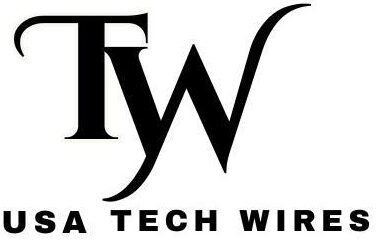Nylon Prong: A versatile Device in Various Fields

Table of Contents
Introduction
The characteristics and properties: fully dense, light in weight and are impervious to hostile environmental forces, have made nylon prongs quite popular. These components are common in various fields, from the automotive sector to the manufacturing industry, and even ordinary houseware. Therefore, this understanding of the advantages and applications of nylon prongs will enable industries to enhance their production processes and quality of products.
What is a Nylon Prong?
In simple terms, it is a small, sharp tipped device made out of nylon, which is an example of a synthetic polymer. The nylon is usually within an assembly that has specific connectors for holding, anchoring, fastening or linking two or more different parts of a product. Because they can withstand very harsh conditions, they are the most ideal for use in all applications that require reliability over a period of time.
Applications of Nylon Prongs
1. Automobile Sector
Nylon prongs are employed in components in the automotive sector such as trim clips and fasteners. Among them are these nylon prongs, which helps to keep individual parts attached even when subjected to vibrations and other unfriendly environments. Moreover, since these parts are lightweight, they assist in reducing total vehicle weight, thus increasing fuel efficiency.
2. Electronics
Nylon retains its appeal in electronic devices as prongs. Such components can be located in connectors as well as other fastening devices. These prongs are insulated hence suitable for electrical use.
3. Manufacturing
In manufacturing processes, these nylon act as important parts of an assembly. They are frequently employed to secure or position components during the manufacturing cycle in order to obtain accuracy. Since it is made of nylon, these prongs are tough enough to bear the roughness of an industry.
4. Household Items
Such prongs can also be found inside the furniture, toys and other kitchen items. They are used in providing support to structures as well as fixing them, which enhances safety and reliability of the normal applications.
Advantages of using Nylon Prongs
- Durability:
Nylon Prongs are not easily damaged by depletion, foreign substances or wetness, hence enhancement of time taken to the next change, and less number of changes.
- Lightweight:
For products such as automotive, the lightweight property of nylon is used to minimize the overall weight of the products.
- Cost-Effective:
It is due to their durability as well as the ease of upkeep that nylon can be regarded as a viable option for several industries.
- Versatility:
Their installation of nylon in various applications is advantageous as they can be casted in several different forms and dimensions.

Conclusion
In the last few paragraphs of this paper, it is fairly clear that nylon prongs are such components that may be utilized in any application due to its adaptability in various domains. The plastic’s sturdiness, ease, and resistance to temperature and moisture make it suitable for use in automobiles, electronics, manufacturing, and home appliances. In the future, the market for nylon will expand as industries advance and look for cutting edge options. As manufacturers appreciate the advantages and application of nylon, they will make sound decisions that will improve both the quality and performance of the products.
FAQs
Q1. What are nylon prongs made of?
A. Nylon can be defined as the ones made of nylon, which is a kind of synthetic polymer with high tensile, ductile and resistant to damage.
Q2. Where is nylon prong applied?
A. Nylon is prevalent in the automobile, electronics, production and many household applications.
Q3. What are the advantages of nylon prongs?
A. Nylon have their share of merits to the extent that they are very long-lasting, light weight, economical, and flexible.
Q4. Do nylon prongs have any chemical resistance?
A. Yes, nylon is impervious to some chemicals, thus making them ideal for rough working conditions.
Q5. What are the disadvantages of nylon prongs compared to metal fasteners?
A. Nylon are of reduced weight and are frequently more resistant to corroding than metal fasteners and are used in certain applications.







